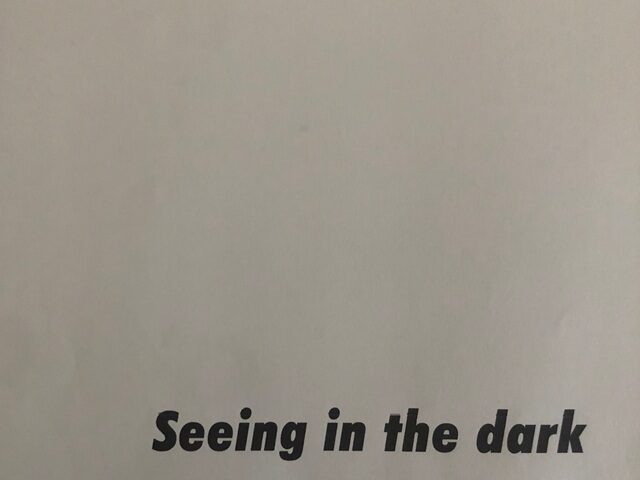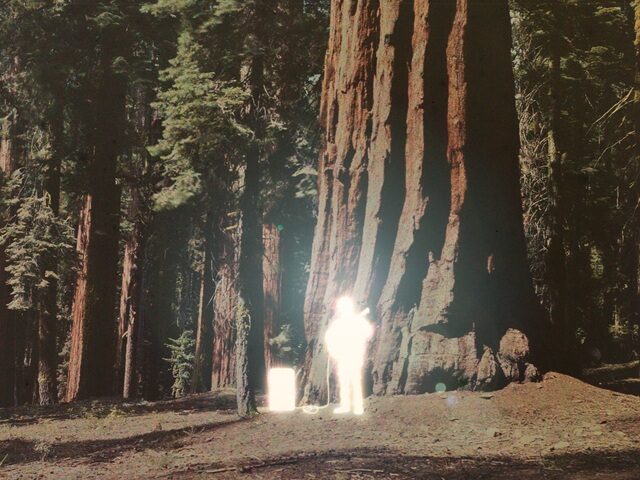Music, often described as the universal language of humanity, transcends cultural and linguistic boundaries, resonating with people from all walks of life. It has the power to evoke emotions, tell stories, and bring people together. This article explores the multifaceted world of music, its history, its impact on society, and its ever-evolving nature.
A Brief History of Music
The origins of music date back to prehistoric times when early humans used rudimentary instruments and their voices to create sound. Music has evolved significantly since then, influenced by cultural, technological, and societal changes. There is always a connection between music and online casino games, as players enjoy playing games while listening to music.
Ancient Music: The earliest evidence of music dates back to around 40,000 years ago with the discovery of ancient flutes made from bird bones. Ancient civilizations such as the Egyptians, Greeks, and Chinese developed their musical systems, creating instruments and composing songs that reflected their cultural values and beliefs.
Medieval and Renaissance Music: During the Medieval period, music was primarily religious, with Gregorian chants being a prominent example. The Renaissance brought about a flourishing of music with the development of polyphony, where multiple independent melody lines were sung or played simultaneously.
Baroque, Classical, and Romantic Periods: These eras saw the creation of many musical forms and genres that are still cherished today. Composers like Johann Sebastian Bach, Ludwig van Beethoven, and Wolfgang Amadeus Mozart made significant contributions, developing symphonies, operas, and concertos.
20th Century and Beyond: The 20th century witnessed an explosion of musical diversity with the advent of jazz, rock, hip-hop, electronic, and many other genres. Technological advancements such as recording equipment and the internet have transformed how music is created, distributed, and consumed.
The Impact of Music on Society
Music plays a crucial role in shaping cultures and societies. Here are some ways music impacts our lives:
Emotional Expression: Music has the unique ability to convey and evoke emotions. It can lift spirits, soothe souls, and provide an outlet for expressing feelings that words alone cannot capture.
Cultural Identity: Music often reflects the cultural identity of a community. Traditional music helps preserve cultural heritage and fosters a sense of belonging and pride among its people.
Social Connection: Music brings people together, whether through communal singing, dancing, or attending concerts. It creates shared experiences that can strengthen social bonds.
Therapeutic Benefits: Music therapy is a well-established field that uses music to address physical, emotional, cognitive, and social needs of individuals. It has been shown to reduce stress, alleviate pain, and improve mental health.Read more about music
Education and Development: Learning music can enhance cognitive abilities, improve memory, and foster discipline and creativity. Music education is considered an essential part of holistic development in children.
The Evolution of Music in the Digital Age
The digital age has revolutionized the music industry in numerous ways:
Creation and Production: Advances in technology have democratized music production, allowing artists to create high-quality recordings in their home studios. Digital audio workstations (DAWs) and software instruments have expanded the possibilities for musicians.
Distribution and Accessibility: The internet and streaming services have made music more accessible than ever before. Platforms like Spotify, Apple Music, and YouTube allow listeners to discover and enjoy a vast array of music from around the world.
Monetization and Revenue Models: While the traditional music industry relied heavily on physical sales and radio play, the digital era has introduced new revenue streams such as streaming royalties, digital downloads, and online performances.
Interactivity and Engagement: Social media and interactive platforms enable artists to engage directly with their audience, fostering a closer connection between creators and fans. Crowdfunding and direct-to-fan sales have also become viable options for supporting music projects.
The Future of Music
As technology continues to advance, the future of music holds exciting possibilities:
Artificial Intelligence (AI): AI is being used to compose music, analyze trends, and personalize listening experiences. It has the potential to create new genres and assist artists in the creative process.
Virtual Reality (VR) and Augmented Reality (AR): These technologies can create immersive music experiences, from virtual concerts to interactive music videos, offering fans new ways to experience their favorite artists.
Blockchain and Cryptocurrencies: Blockchain technology can provide transparent and fair payment systems for artists, ensuring they receive proper compensation for their work.
Global Collaboration: The internet facilitates global collaboration, allowing artists from different cultures and backgrounds to work together and create innovative music that blends diverse influences.
Conclusion
Music is an integral part of human life, enriching our experiences, shaping our cultures, and connecting us on a deep emotional level. Its ability to evolve and adapt to new technologies and societal changes ensures that it will continue to be a vital and dynamic force in our lives. Whether you are a creator, performer, or listener, the world of music offers endless opportunities for exploration and enjoyment.





